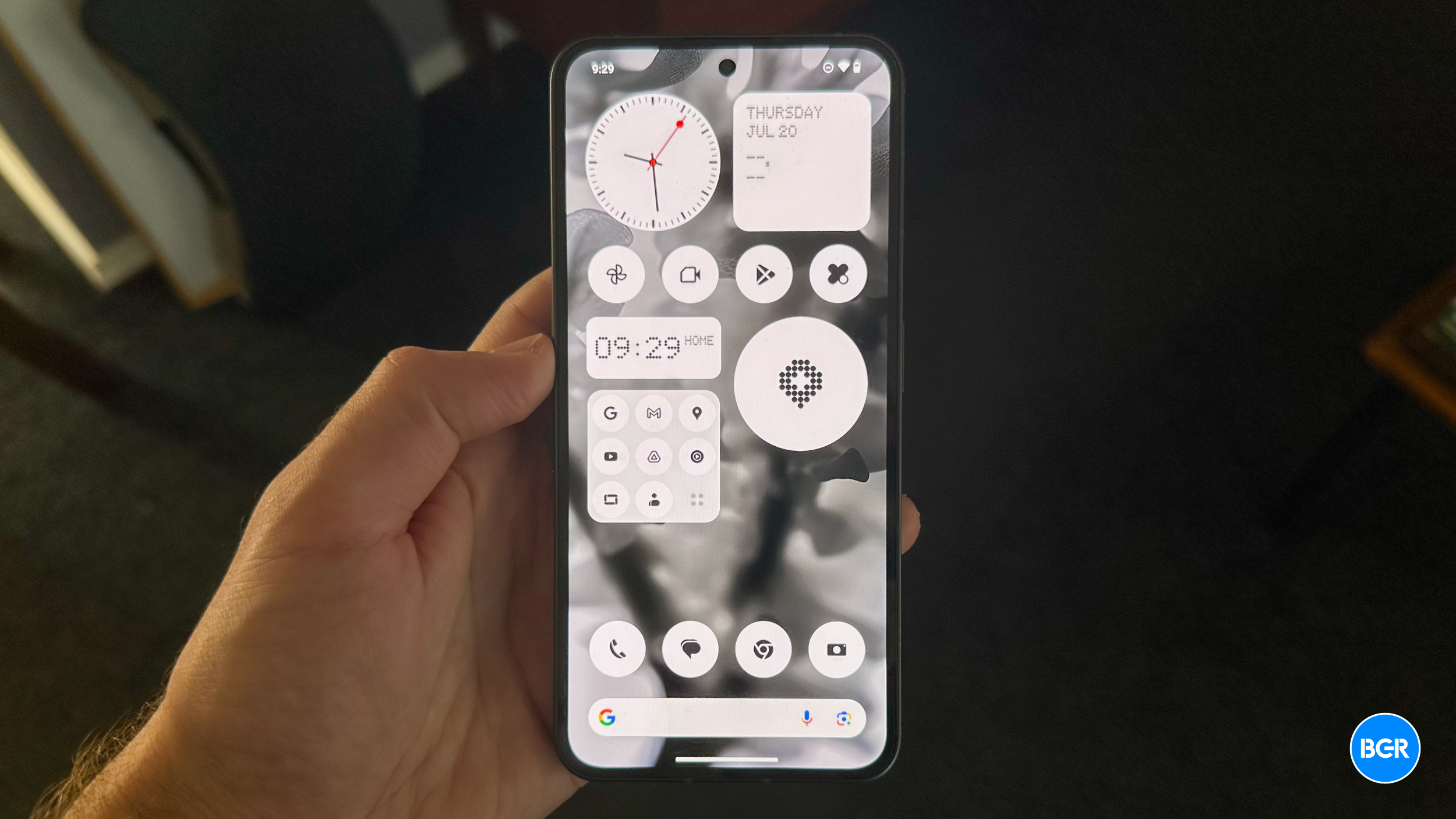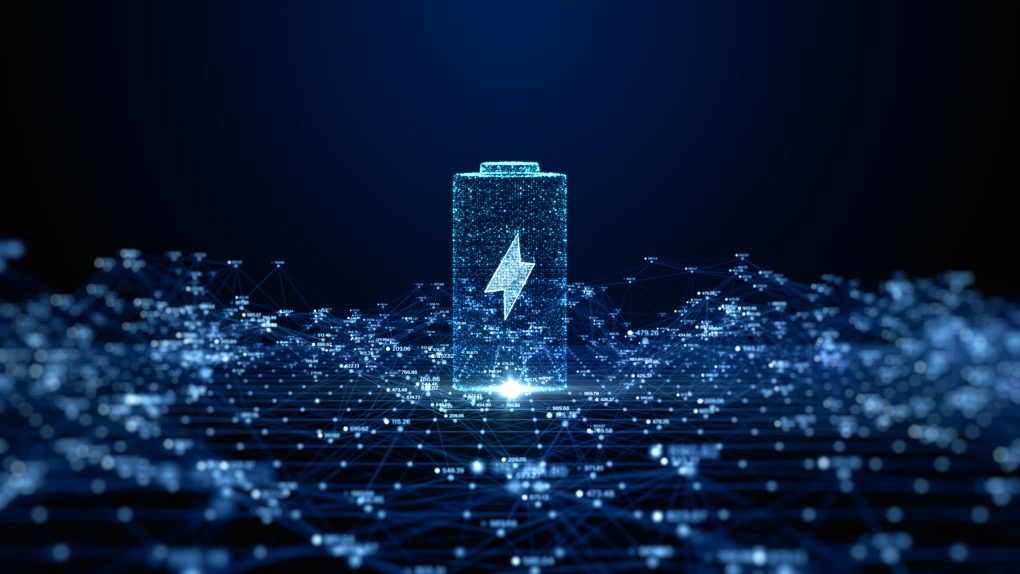Engineers at Rice University may have found a way to make lithium-ion batteries even more efficient. According to reports, the researchers have developed a scalable method that optimizes what is known as prelithiation, a process that helps mitigate lithium loss and improves the life cycle of a battery. The process relies on coating the silicon anodes with a more stabilized lithium metal particle.
The development was made when a chemical and biomolecular engineer with the Rice lab tried spraying a coat of the mixture of particles onto the anodes. The engineer, Sibani Lisa Biswal, found that spraying the anodes down sufficiently improves the battery life from anywhere between 22 to 44 percent. Further, battery cells with greater amounts of coating could achieve higher efficiency.
This development is massive, and it could completely change how we utilize battery-powered objects in our daily lives. Phones, smartwatches, and various other battery-operated items rely on lithium-powered batteries to produce the electricity they need. If we can increase the operation efficiency of those lithium batteries by spraying them with these particles, it could improve battery life in multiple areas.

There is a downside, though. When cycled at full capacity (charged to 100 percent), the batteries actually began to fade more quickly in subsequent cycles with the particles on them. A full study detailing the findings can be found in ACS Applied Energy Materials.
Of course, other advancements could help make batteries more efficient, too. For starters, replacing the graphite in lithium-ion batteries with silicon would allow for a more improved energy density. That’s because graphite can pack fewer lithium ions than silicon can. There’s already a heavy push to make this replacement in common lithium-ion batteries.
However, like the new particle spray that improves the efficiency of lithium-ion batteries, silicon in the batteries also has some negatives. The biggest issue here is that silicon can form what is called a solid-electrolyte interphase, which actually consumes the lithium, thus wearing the battery down quickly.
If we can overcome this problem, though, this new particle and the use of silicon in lithium-ion batteries could provide longer-lasting and more reliable batteries. Battery advancements have continued to wow the scientific community, and we can only hope that this discovery continues and eventually reaches the wider consumer market in some way.








